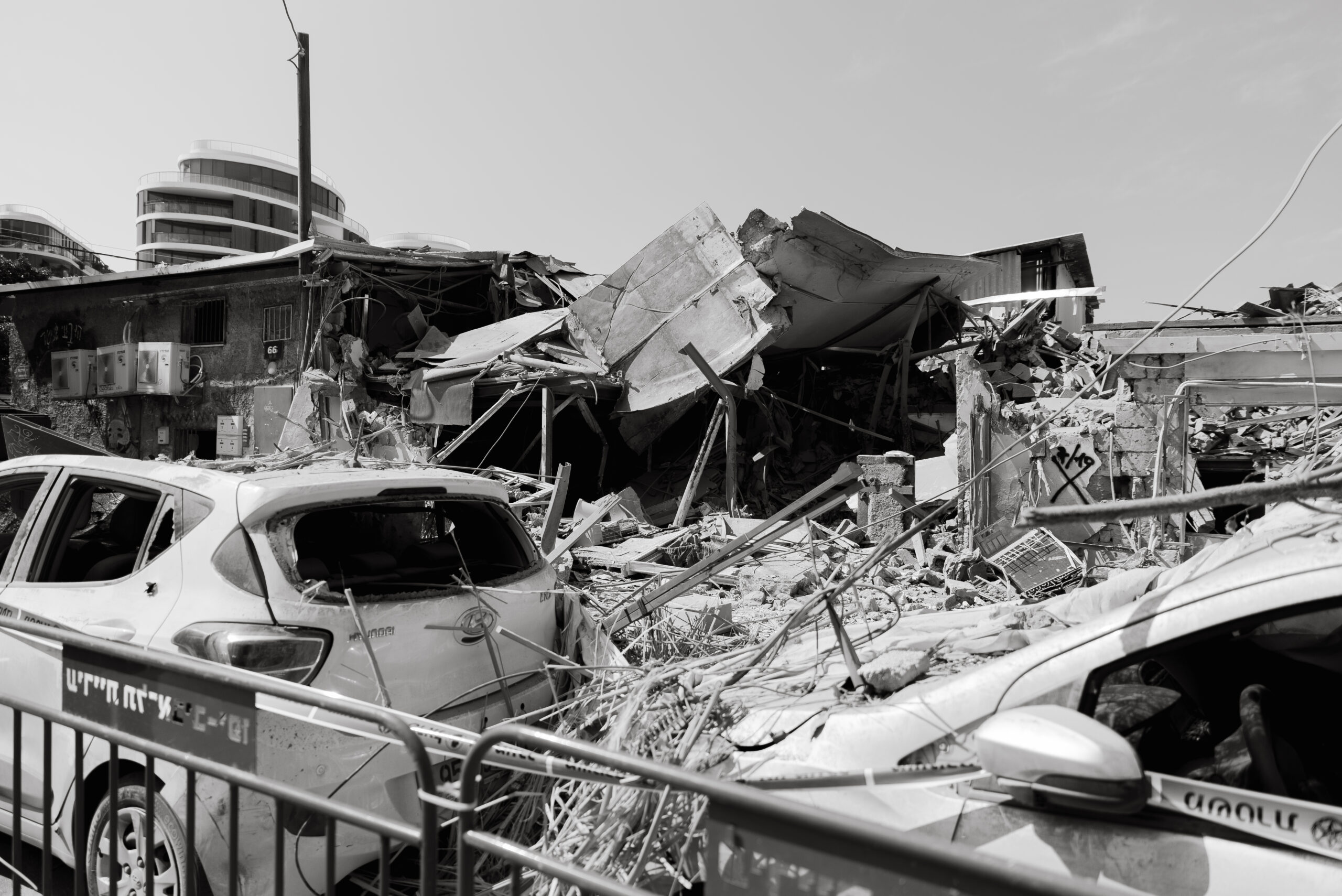To think about the war in the Middle East, I suggest it is urgent to read, or reread, Bertrand de Jouvenel’s 1945 book On Power. (See also my Econlib review of the book.) Reflecting on attacks and atrocities against civilians during WWII, Jouvenel wrote (and that was before Hiroshima and Nagasaki):
We are ending where the savages began. We have found again the lost arts of starving non-combatants, burning hovels, and leading away the vanquished into slavery. Barbarian invasions would be superfluous: we are our own Huns.
Hamas represents an extension of the barbarism that Jouvenel was denouncing. If an undisputable marker were needed, talking civilian hostages would be one. That the terrorist gang was once elected as the political authority or quasi-state of Gaza only buttresses the parallel. On the other side, the state of Israel, whose civilian population has been directly targeted and whose right of self-defense cannot be seriously challenged, should follow “higher standards,” as American Secretary of State Antony Blinken correctly said.
Over the past millennium or so, rules of civilized behavior have evolved, especially in the West, for protecting civilian populations in war. They have not always been respected, perhaps especially—that’s Jouvenel’s argument—under the modern state. Would-be states, like Hamas and Isis, have doubled down on barbarism by conspicuously rejecting these rules of civilized behavior. These barbarians are literally “bands of robbers and murderers,” to borrow Lysander Spooner’s expression.
The plight of ordinary Gazans, often the children of Palestinians displaced when the state of Israel was created, and who are now forced to move again, should not leave us indifferent (“As War Looms Israel Calls for 1.1m people to evacuate Northern Gaza,” The Economist, October 13, 2023; see also “Inside Gaza, People Desperately Seek Safety,” Wall Street Journal, October 13, 2023).
If states did not exist and if (admittedly a big if) anarchy remained peaceful, such moral catastrophes on the scale as we have observed could not happen. On the other hand, it is true that political authorities did not prove capable of protecting the Jews against persecution during most of their history, so it is understandable that many of them count on their own state to protect their lives and liberty.
Political economy helps us to inquire into the general role of moral values in social interaction. James Buchanan with his ethics of reciprocity and Friedrich Hayek with his spontaneous-order rules of just conduct argue that the maintenance of a free society requires some minimum ethics.
The basic individualist ethic nurtured by Western civilization rejects group identities and tribal intuitions that justify collective punishments. In times of war, individualist ethics may be difficult to uphold by those waging a just defensive war, but its recognition is essential as a standard to distinguish collectivist barbarians and civilized individualists. Just as it makes no sense to hold the Israelis responsible for the barbaric attack of which they were victims, it is nonsensical to think of ordinary Gazans, under the yoke of Hamas thuggery, as collectively guilty and artisans of their own misfortune.








































